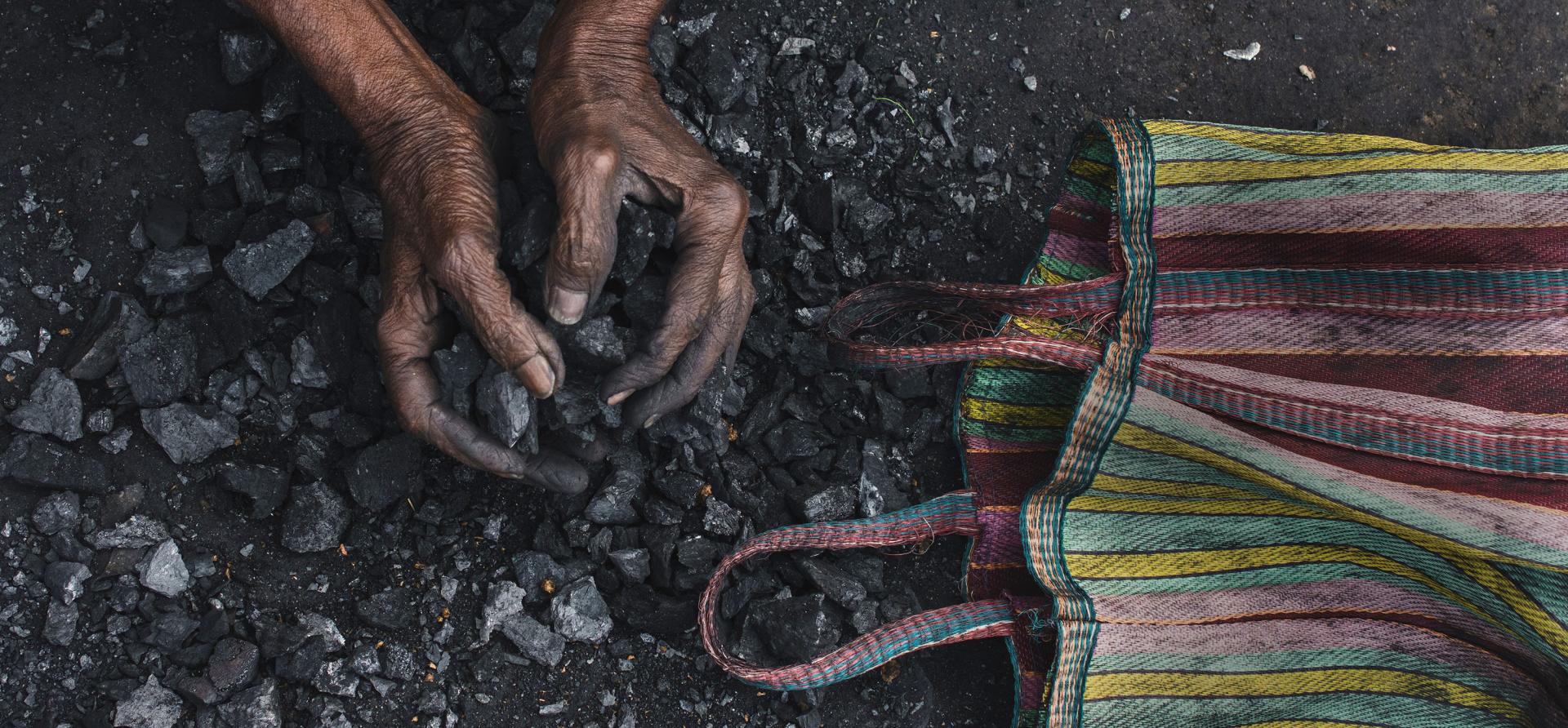
Key Findings
Power from the Adani Godda plant in India, fuelled by Australia’s Carmichael coal mine for electricity export to Bangladesh, will be almost three times the price at which the Bangladesh Power Development Board sells power to distributors.
The gap in price is covered by increasingly unaffordable government subsidies, leading to increased power tariffs for power distribution companies and proposals to increase tariffs for consumers.
Claims that the Carmichael coal project was needed to help millions in South Asia out of poverty was merely coal industry spin, with Bangladeshi consumers faced with large power tariff increases that will hinder the nation’s development.
Bangladesh should focus more on renewable energy if it wants to limit the burden of fossil fuel imports and increase energy security and affordability.
During the Carmichael coal mine’s protracted development phase, backers of the Queensland project often stated that the project was needed to help people out of poverty in South Asia. This was merely coal industry spin. If anything, it is doing the exact opposite.
Adani’s Godda power plant in Jharkhand state, India, is about to start burning coal from the Carmichael mine and exporting power to Bangladesh. It has recently been reported that the tariff for power sold from the Godda plant to the Bangladesh Power Development Board (BPDB) will be almost double the initial expectation at around US$150/MWh.
The tariff for power sold from the Godda plant to the Bangladesh Power Development Board will be almost double the initial expectation.
The first unit of the Godda coal plant will begin operating at the end of a year in which Bangladesh’s growing reliance on expensive fossil fuels has led to power blackouts and growing pressure to increase consumer power tariffs significantly. School and office hours have been cut during the year to curb rising fuel costs.
Some commentators in Bangladesh have maintained that the addition of coal-fired power will improve the situation. But at a cost of US$150/MWh, power from the Godda plant — fuelled by Carmichael coal — will be two and a half times the price at which the BPDB sells power to distributors.
The huge gap in price at which the BPDB buys and sells power has to be covered by government subsidies that are becoming increasingly unaffordable and which will lead to the need to increase power tariffs significantly to transfer the burden onto consumers.
This process has already started. In November 2022, the tariff at which the BPDB sells power to distributors was increased 20% and the power distribution companies are now submitting proposals to increase retail tariffs by the same amount.
This was all very predictable. The growing burden of fossil fuel imports has been putting Bangladesh’s power system under growing financial strain for years and IEEFA has been warning that this will lead to the need for higher power tariffs.
The cost of BPDB’s power purchases from independent power producers (IPPs) rose 58% in FY2020-21. For the first time, the cost of power purchases from IPPs represented more than 50% of the BPDB’s total operating expenses. In FY2021-22, the IPP cost rose another 77% to reach US$4.8 billion.
The Payra coal-fired power plant — the first new plant to be completed in Bangladesh to be fuelled by imported coal — was the largest single contributor to the increase in BPDB’s IPP costs across FY2020-21 and FY2021-22. The cost of power from the Payra plant was US$134/MWh in FY2021-22.
In December 2022, it was reported that the Payra coal plant was struggling to find the U.S. dollar funds it needs to pay for coal imports and repay loans with some payments already missed. The plant reportedly has US$95 million in unpaid coal imports bills as at November 2022.
It was also known years ago that power from the Godda plant would be expensive. Despite the fact that the power plant sits in India’s biggest coal mining state, coal is being imported from Carmichael and railed 700km from port to plant. The full cost of this is being passed onto Bangladesh. The plant will receive capacity payments reportedly up to US$30 million per month even if it is not utilised.
The Adani Godda coal power plant will add to the growing cost of power purchases from IPPs, adding to the worsening financial pressure that the BPDB finds itself under. The BPDB has not paid IPPs since May 2022 and currently owes them five months of payments amounting to US$2.5 billion.
The commencement of electricity exports by Adani will only add to the growing economic burden on the Bangladesh government and to rising pressure to shift that burden onto consumers via power tariff increases.
The cost of fossil fuel imports has eroded Bangladesh’s foreign exchange reserves and contributed to rising inflation, a widening current account deficit and slowing growth. Credit rating agency Moody’s placed Bangladesh under review for a downgrade in early December 2022, citing its rapidly declining foreign exchange reserves driven by rising costs for energy imports.
With full access to electricity announced by the Prime Minister of Bangladesh in March 2022, the key power issue for Bangladesh’s development is no longer access but quality and cost of generation and supply.
Increasing power tariffs to unaffordable levels will clearly hinder, not help, Bangladesh’s development.
Increasing power tariffs to unaffordable levels will clearly hinder, not help, Bangladesh’s development.
Bangladesh will need to focus more on renewable energy going forward if it wants to limit the burden of fossil fuel imports and increase energy security.
Back in Australia, it is even clearer now that the Godda power plant deal with Bangladesh was aimed primarily at propping up the development of the Carmichael coal mine.
The original plan for Godda was to use local coal mined in Jharkhand state. The plan was later changed to use Carmichael coal and lock the BPDB into a power purchase agreement that allows Adani to import coal into an Indian coal mining state from Australia and pass the full cost onto Bangladesh.
In a recent interview with the Financial Times, Adani Group Chairman Gautam Adani admitted that with hindsight he would not have developed the Carmichael coal mine given the intense opposition to the project.
If consumer power tariffs are forced up due to growing dependence on imported fossil fuel projects like the Godda coal power plant, the people of Bangladesh are likely to regret it too.















